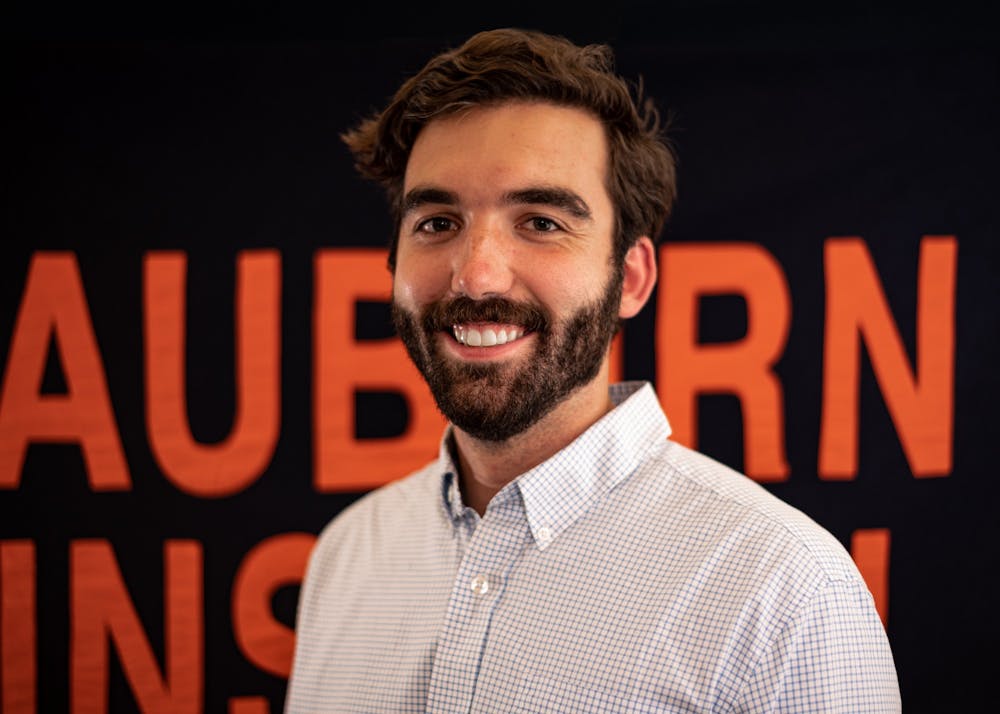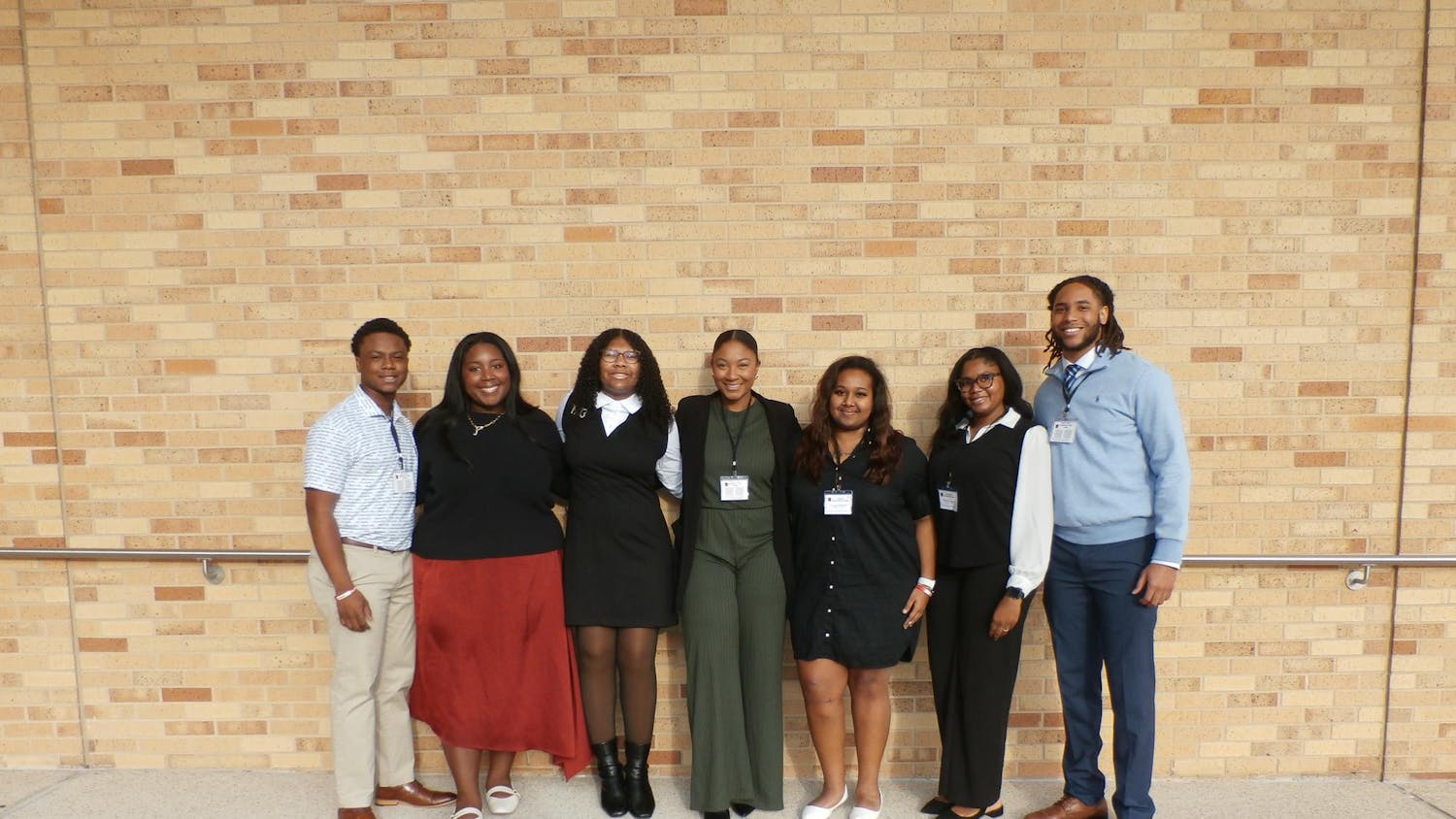Auburn University reported 23 new cases of COVID-19 for the past week.
The University released the information on its COVID-19 Resource Center, which shows that 22 of the reported cases were on Auburn’s main campus. One case was reported on the pharmacy school’s Montgomery campus.
There were 24 cases for the week ending Nov. 8, which was the most reported in a single week since Sept. 20.
The GuideSafe Sentinel Testing Program reported the most percent positive tests this week since Sept. 13. Out of 727 tests — the most done in a week through the Sentinel Testing Program — 0.83% returned a positive result. Participation in the sentinel testing program is voluntary.
By randomly selecting students and faculty for sentinel testing, the University said on its website that it “hopes to monitor the asymptomatic infection rate on campus, allowing the campus to respond to developing trends promptly.”
In his weekly update video, Dr. Fred Kam, director of the Auburn University Medical Clinic, commented on the slight upward trend in cases and the positivity rate.
"Any rise in cases is of concern, because it usually means that we're not adhering to what works to keep the curve flattened or decrease the number of cases," Kam said. "It is a concern; especially as we are about to disperse and go off for Thanksgiving and the rest of the holidays. It's a concern."
Following this statement, Kam then spoke to the important milestones in a typical COVID-19 case, as well as our proximity to Thanksgiving.
"If you were to get infected with COVID today, that takes you all the way to Thanksgiving day, so you really don't need to be at the Thanksgiving meal," Kam said. "Seven is an important number because what we've learned about the biology of this virus is that most people are contagious right up to the seventh day post-infection."
On average, five days after contracting COVID-19 is when most people begin to experience symptoms, according to Kam. For the first three days after infection, Kam said most people do not yet have a high enough viral load to be severely contagious.
Kam continued by advising students on how to prepare for traveling home during the holidays.
"The first and most important point I need people to understand is that testing is not a substitute for wearing a mask, physically distancing, sanitizing your hands and keeping the size of your group interactions to a minimum," Kam said. "If you know that you've been, again, taking part in large parties, groups or social events, then you need to think carefully about what your first few days at home are going to look like."
If a student falls into that latter category, Kam advised those students to wear a mask "consistently" when at home, saying that the trend for increases in positive cases after Halloween is likely due to these same large parties, groups and social events.
"Now we're past that point, you're about to go home, you need to take this seriously because you're going to have vulnerable family members that you need to protect," Kam said.
Kam then went on to advise families on how to make their family gatherings as safe as possible.
"[Families] need to take an initial approach that everybody that is coming to visit, outside your core family household, are potentially infected," Kam said.
Moving family activities outdoors, wearing masks until it is absolutely necessary to remove them, socially distancing and sanitizing hands and frequently touched surfaces are all ways to mitigate the spread and risk of COVID-19, according to Kam.
Kam finished by speaking about the newly announced vaccine from Moderna, and its potential effects.
"There will be more millions of doses available early on that could be administered to various groups in the population," Kam said. "In addition to that, the Moderna vaccine does not require the ultra-cold storage like the Pfizer vaccine needs ... between these two vaccines, we're hoping to have doses available, once they get through the FDA licensing, in the first quarter of 2021."
Do you like this story? The Plainsman doesn't accept money from tuition or student fees, and we don't charge a subscription fee. But you can donate to support The Plainsman.

Evan Mealins, senior in philosophy and economics, is the editor-in-chief of The Auburn Plainsman.





